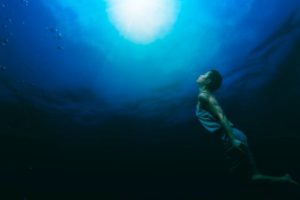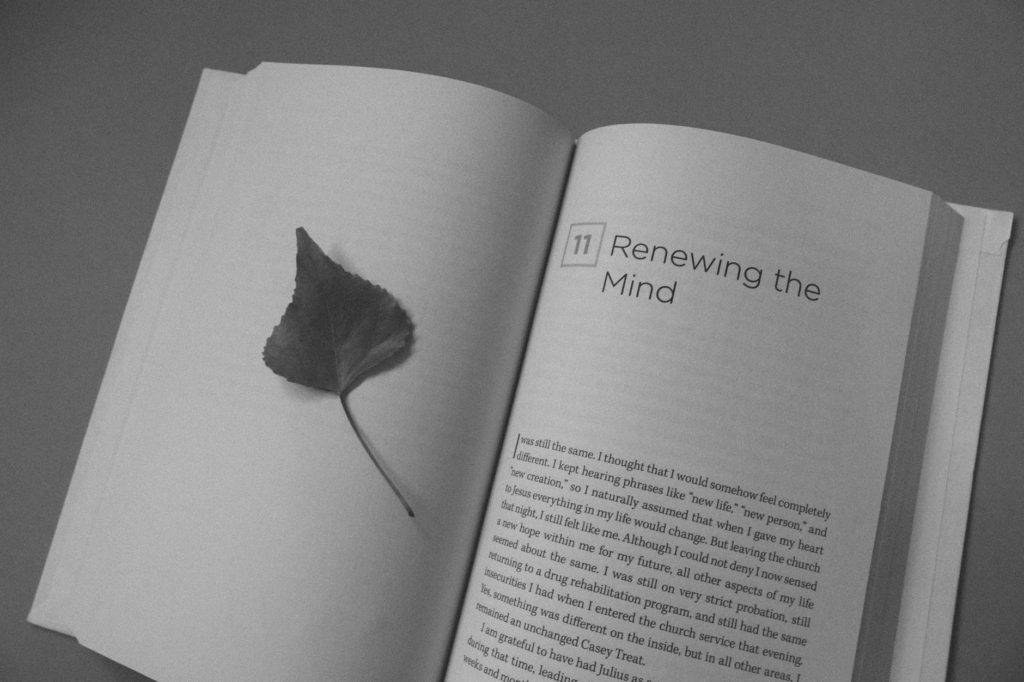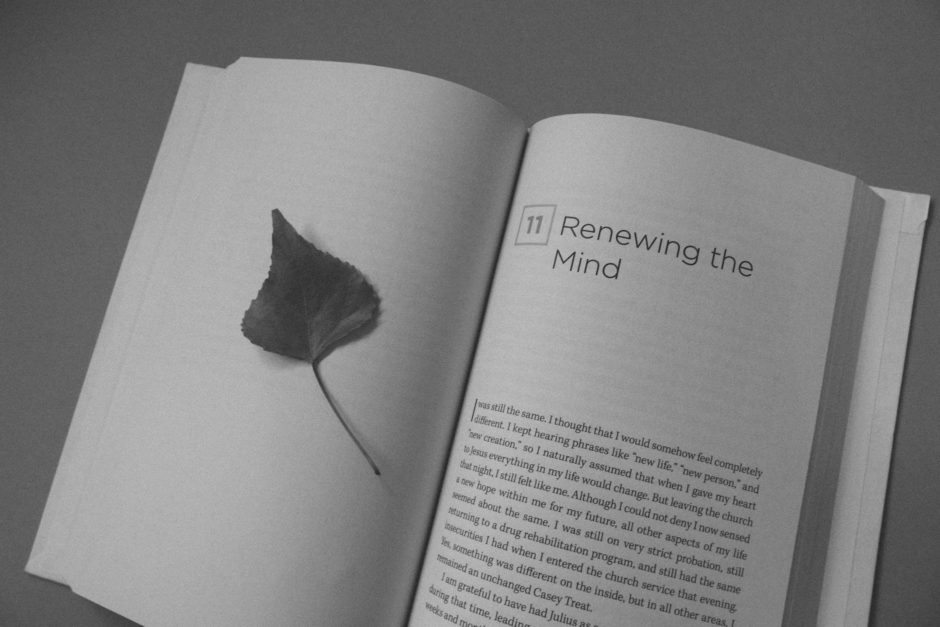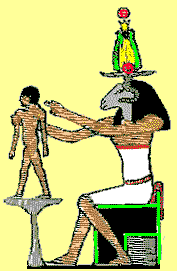Self-awareness, ego and the persona
 Let us think of the newborn for a moment. In healthy environments this precious being is welcomed with such love and joy. The aroma of the newborn is like a perfume of heaven. It seems to be alight with joy for no apparent reason or distressed by hunger or physical discomfort. Does the newborn know a religion? …a nationality? … its age? And, although it is no doubt affected somewhat by gender, does it know it has one? Does it know it has a name or even an identity? I would say, no, it does not. It is a Self. In it is the seed of its becoming. It has gifts, challenges and expressions inherent to itself and its genetics. Given a nurturing environment these indwelling characteristics will emerge in proper sequence as determined by a majestic natural process.
Let us think of the newborn for a moment. In healthy environments this precious being is welcomed with such love and joy. The aroma of the newborn is like a perfume of heaven. It seems to be alight with joy for no apparent reason or distressed by hunger or physical discomfort. Does the newborn know a religion? …a nationality? … its age? And, although it is no doubt affected somewhat by gender, does it know it has one? Does it know it has a name or even an identity? I would say, no, it does not. It is a Self. In it is the seed of its becoming. It has gifts, challenges and expressions inherent to itself and its genetics. Given a nurturing environment these indwelling characteristics will emerge in proper sequence as determined by a majestic natural process.
The infant is exposed to a human environment that is both a non-material energetic field (already experienced in utero) and a material world of atmosphere, language, gestures, beliefs, rituals, customs, diet, objects, etc. These outer influences act upon the innate Self. Along with learning the essentials of life, the child also learns that it is different from others. It is not only the inherent abilities and preferences that form but also the habits, attitudes and beliefs of the people in its environment give the child an identity that is external to the –the beginning of that conglomeration of external influences and memories with which the growing child identifies is what we often call “ego”.
The “ego” (Latin for “I”) a term beginning in antiquity, then as part of the Freudian psychoanalytical model to the modern day usage for which there are at least six definitions (dictionary.com), it is still commonly used to mean sense of self or identity.
Identity is a necessary function of human existence. There are historical cases of children raised by animals, lacking human interaction for an extended period. These children do not develop certain recognizable human traits. The so-called feral children are not enculturated, do not learn human language, may not walk upright, and are often emotionally, socially and cognitively impaired. In some cases even sensory awareness (heat/cold) remains animal-like.
Identity can be lost, confused or poorly expressed because of neurological disease and disorders (Alzheimer’s, autism) or psychopathology (dissociative identity disorder, schizophrenia, narcissistic personality disorder, borderline personality disorder).
We want our children to develop a healthy identity and self-concept. Any parent of an infant knows that the world revolves around the child’s needs and desires and that the child’s awareness of the needs of others comes later. A healthy sense of self leads to a healthy sense of and respect for others.
A question arises then when in so many spiritual teachings there is talk of “ego death”. What does this mean? And why is it important?
“The psychotic drowns in the same waters in which the mystic swims with delight.”
 During one of our group mentoring sessions, the leader, a mystic (former priest and a PhD psychologist) stated that I (Sharon) do not have an ego. The uproar of all the egos in the room arguing that of course I also had an ego was pretty funny. It was probably just a question of semantics because words like ego, identity, self, persona, and awareness are so poorly defined.
During one of our group mentoring sessions, the leader, a mystic (former priest and a PhD psychologist) stated that I (Sharon) do not have an ego. The uproar of all the egos in the room arguing that of course I also had an ego was pretty funny. It was probably just a question of semantics because words like ego, identity, self, persona, and awareness are so poorly defined.
Thanks to a near-death experience when I was 27, I left my body behind and experienced my SELF as an individual Being merged in the ONE. In that experience the identifiers of age, nationality, religion, and race were not just unimportant, they were non-existent. Upon return to earthly awareness, I found that I had insufficient buffers (separateness) to function well. I needed to re-create/re-learn my personae (multiple persona) for interacting in different social and cultural settings. But these were no more “me” than an avatar for my online presence is me. I understand that persona is a construct that is necessary for function. My persona expresses in various ways (gentleness, forcefulness, graciousness, self-interest) according to the situation and I do my best to fit the responses appropriately to the circumstances.
Obviously I have a sense of identity or I would be unable to use the word “I”. Fortunately I had a well-established sense of self when I “died” so that I was able to find my way back into everyday life. Otherwise, as Joseph Chilton Pearce so aptly quipped, I would have drowned in the waters in which I now swim. I do know that I am the proverbial drop in the spiritual ocean. I understand that I am One with the “is-ness of everything”.
Paradoxically, the spirit that I am has taken up a soul with its inherent qualities that express through a body that is influenced by genetic and epigenetic expressions and by memories and patterns retained within this adult body. I do my best to let the story of who I am “die” so that the reality of my larger, truer Self can have full expression in this life. It isn’t that I don’t have personal identity, it’s that I am defined by the larger rather than the smaller. Just as the body is needed for life on earth, so too are the soul-identity and the personae necessary and all deserve to have boundaries, self-protection and self-care. The “death of the ego” means only the birth of the awareness that I am so much more than it.
Our birth is but a sleep and a forgetting:
The Soul that rises with us, our life's Star,
Hath had elsewhere its setting,
And cometh from afar:
Not in entire forgetfulness,
And not in utter nakedness,
But trailing clouds of glory do we come
From God, who is our home:
Heaven lies about us in our infancy!
Shades of the prison-house begin to close
Upon the growing Boy,
But he beholds the light, and whence it flows,
He sees it in his joy;
The Youth, who daily farther from the east
Must travel, still is Nature's Priest,
And by the vision splendid
Is on his way attended;
At length the Man perceives it die away,
And fade into the light of common day.
Earth fills her lap with pleasures of her own;
Yearnings she hath in her own natural kind,
And, even with something of a Mother's mind,
And no unworthy aim,
The homely Nurse doth all she can
To make her Foster-child, her Inmate Man,
Forget the glories he hath known,
And that imperial palace whence he came.
Excerpt-Ode: Intimations of Immortality from Recollections of Early Childhood by William Wordsworth




 Let us think of the newborn for a moment. In healthy environments this precious being is welcomed with such love and joy. The aroma of the newborn is like a perfume of heaven. It seems to be alight with joy for no apparent reason or distressed by hunger or physical discomfort. Does the newborn know a religion? …a nationality? … its age? And, although it is no doubt affected somewhat by gender, does it know it has one? Does it know it has a name or even an identity? I would say, no, it does not. It is a Self. In it is the seed of its becoming. It has gifts, challenges and expressions inherent to itself and its genetics. Given a nurturing environment these indwelling characteristics will emerge in proper sequence as determined by a majestic natural process.
Let us think of the newborn for a moment. In healthy environments this precious being is welcomed with such love and joy. The aroma of the newborn is like a perfume of heaven. It seems to be alight with joy for no apparent reason or distressed by hunger or physical discomfort. Does the newborn know a religion? …a nationality? … its age? And, although it is no doubt affected somewhat by gender, does it know it has one? Does it know it has a name or even an identity? I would say, no, it does not. It is a Self. In it is the seed of its becoming. It has gifts, challenges and expressions inherent to itself and its genetics. Given a nurturing environment these indwelling characteristics will emerge in proper sequence as determined by a majestic natural process. During one of our group mentoring sessions, the leader, a mystic (former priest and a PhD psychologist) stated that I (Sharon) do not have an ego. The uproar of all the egos in the room arguing that of course I also had an ego was pretty funny. It was probably just a question of semantics because words like ego, identity, self, persona, and awareness are so poorly defined.
During one of our group mentoring sessions, the leader, a mystic (former priest and a PhD psychologist) stated that I (Sharon) do not have an ego. The uproar of all the egos in the room arguing that of course I also had an ego was pretty funny. It was probably just a question of semantics because words like ego, identity, self, persona, and awareness are so poorly defined.